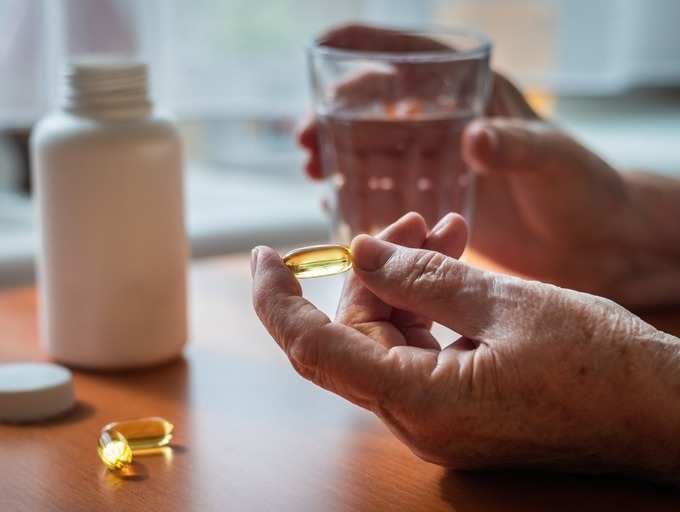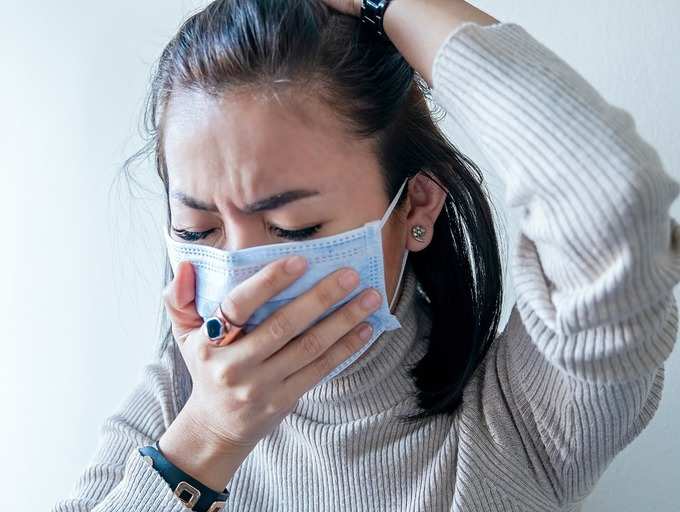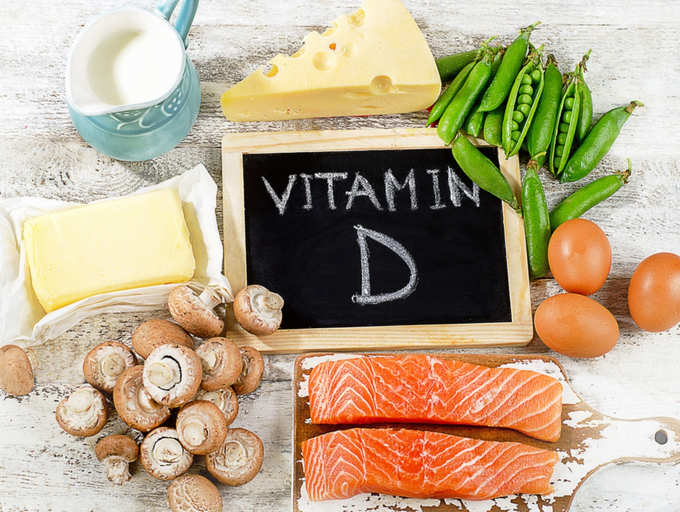For the past few days, we have been constantly hearing how vitamin D can protect us against COVID-19. But does vitamin D actually protect you from coronavirus?
Let’s understand the basics first. Your skin gets vitamin D when it is exposed to sunlight. The vitamin is essential for bone growth and strength as it helps in the intestinal absorption of calcium, magnesium, and phosphate. Vitamin D is fat-soluble and regulates the immune response of white blood cells by preventing them from releasing too many inflammatory cytokines. Excess of cytokines can lead to cytokine storm, which is a complication associated with COVID-19. Cytokine storm is an acute immune reaction which makes the body destroy its own cells and tissues along with the virus.
02/5Who is more at risk?

According to a paper published in The Lancet, older and darker-skinned people who are likely to have low levels of Vitamin D may benefit from supplementation of the essential vitamin to protect against severe symptoms of COVID-19.
Thus, elderly and dark-skinned people might reap benefits from vitamin D supplements, when it comes to strengthening their immune system.
In dark-skinned people, the presence of melanin, which gives the skin a darker tone, lowers the skin’s ability to make vitamin D on exposure to sunlight. Due to the lockdown in place and people not coming out of their homes often, the deficiency of vitamin D might increase in citizens.
03/5What does the Lancet Study say

The Lancet paper speculates vitamin D deficiency as one of the possible reasons for death rates across different countries. It cited an observational study published in the journal Aging Clinical and Experimental Research that used data from 20 European countries. According to it, the average vitamin D levels are low in Italy and Spain. Surprisingly, these countries have witnessed high coronavirus death rates compared to north European countries. North Europeans have comparatively high levels of vitamin D from the consumption of cod liver oil and vitamin D supplements.
04/5Problem of Vitamin D deficiency

“Our study found that vitamin D deficiency was 63% in people with diabetes, 58% in people with pre-diabetes, and 80% in obese people, which is worrying because these are risk factors for COVID-19,” says Dr V Mohan, study co-author and chairman and chief of diabetology at Dr Mohan’s Diabetes Specialties Centre, which is a WHO Collaborating Centre for Noncommunicable Diseases Prevention and Control.
05/5Do not self-medicate

According to Dr. Mohan, past studies have linked low levels of vitamin D and susceptibility to acute respiratory tract infections. When taken orally, the danger of side effects and toxicity of the vitamin are low. The risk of toxicity could be high for people with kidney and liver diseases, as their body might not be able to excrete the vitamin. Thus, vitamin D supplements should not be taken without a prescription.

